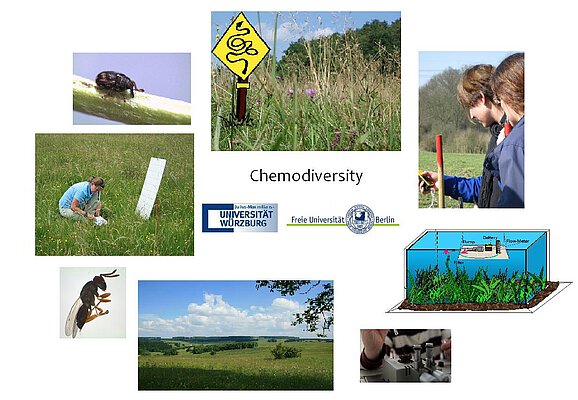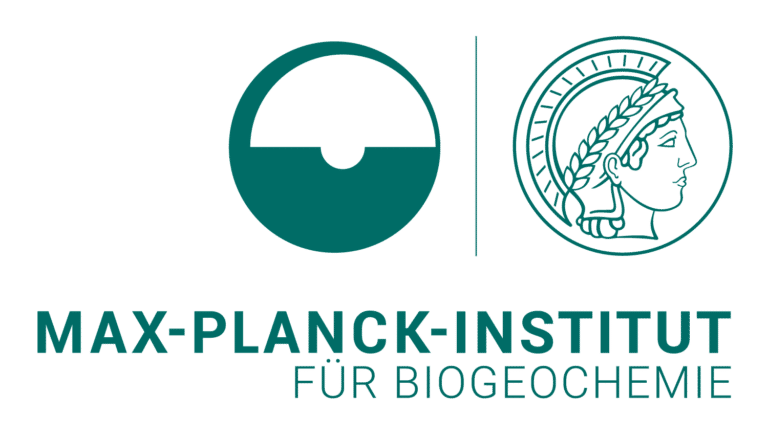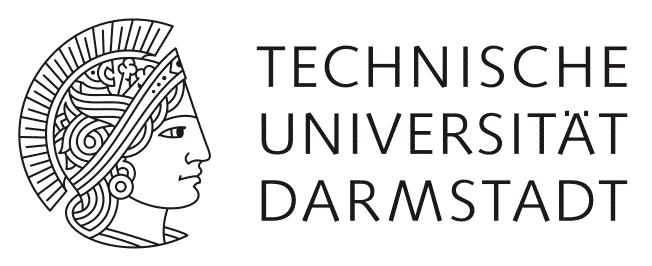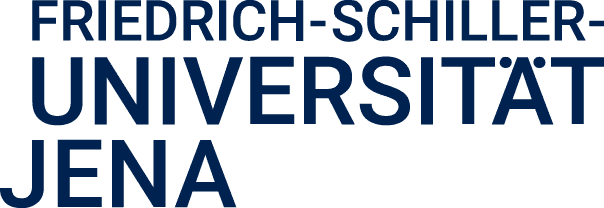Functional ecology: Impact of different land use intensity on chemical odour diversity, structural complexity of the vegetation and host-parasitoid interactions
Insects have a central role in the functioning and stability of ecosystems. They have important functions in nutrient cycling, food chains or pollination processes and are thus of big economical importance both as pest and as beneficial organisms. Host location is a central part in the life cycle of an insect. Herbivore and carnivore insects orientate towards food plants, prey or hosts mainly by using olfactory or visual stimuli. How does a landscape change caused by agricultural activity affect the orientation of insects and thus the interactions between them?
- Increasing land use intensity reduces, along with plant species diversity, the odour diversity and the structural complexity of the vegetation.
- Increasing odour diversity and structural complexity functionally influence herbivore-parasitoid interactions by reducing the host finding success of the parasitoids.
- Fertilization alters, besides plant species reduction, qualitatively and/or quantitatively the odour bouquet and the structure of the vegetation and thus the herbivore-parasitoid interaction.
In this project we investigate the landuse effect on vegetation complexity and on the the interactions between herbivore and carnivore insects. An increasing landuse decreases plant species diversity which in turn might change the structural complexity of the vegetation.
Moreover, a reduced number of plant species should affect the odour complexity of the vegetation, since specific compounds of plants that are not present are missing in the vegetation odour bouquet.
We are investigating the effect of the vegetation (odour diversity, structural complexity) on the orientation of insects from different trophic levels and their interactions in a landuse gradient in the system plantain (Plantago lanceolata; host plant) – Mecinus pascuorum and Mecinus labilis (weevils; herbivores) – Mesopolobus incultus (parasitic wasp).
On 80 grassland plots the vegetation structure and the abundance of insects were determined. On the same plots the odour of the vegetation is collected by headspace-sampling and will be analysed by coupled gaschromatography – massspectrometry (GC-MS) in the laboratory. In April 2009 the grassland plots were fertilised on a 6 * 6 m² area. These subplots and respective control areas are currently investigated for the direct influence of fertilisation.










